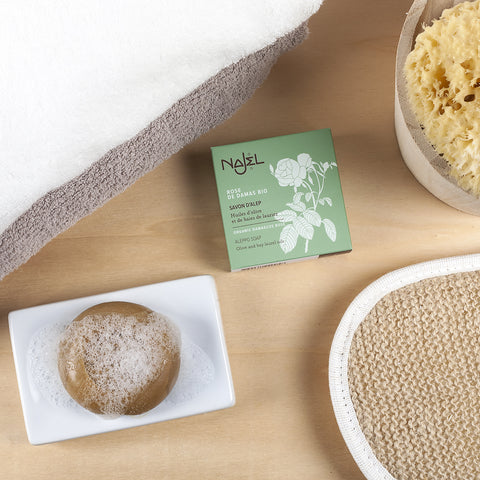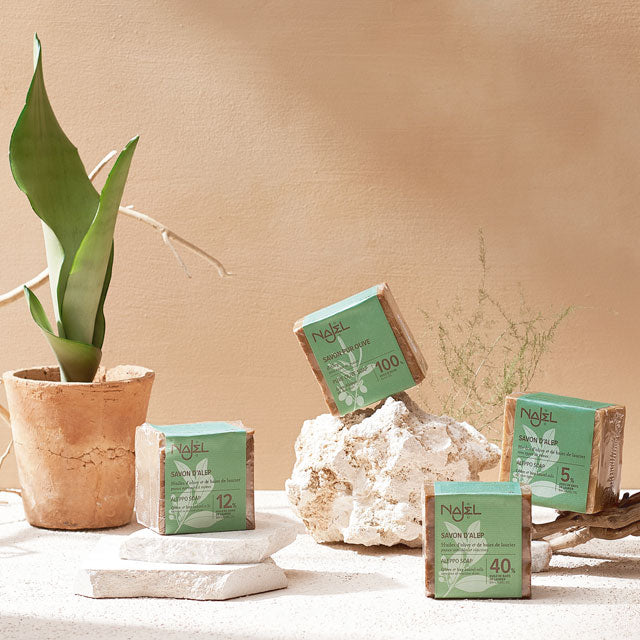Did you know that Bay Laurel (scientifically known as Laurus Nobilis) or Bay Laurel Oil (BLO), has a rich history, and the use of bay laurel oil has been documented for various purposes throughout the ages?:
- Ancient Greeks and Romans: The bay laurel tree was highly esteemed in ancient Greek and Roman cultures. It was associated with Apollo, the Greek god of prophecy and healing, and was considered a symbol of wisdom and protection. Laurel wreaths, made from the leaves of the bay laurel tree, were awarded to victors in athletic competitions and were also worn by poets and scholars.
- Medieval and Renaissance Periods: Bay laurel continued to be valued during the medieval and renaissance periods. It was believed to have protective properties and was often used to ward off evil spirits. The leaves were used in herbal medicine, and the essential oil extracted from the leaves was likely employed for various therapeutic purposes.
- Culinary Uses: Bay laurel leaves have been a staple in Mediterranean cuisine for centuries. The leaves were used to flavor a variety of dishes, from soups and stews to meat and fish. The tradition of using bay leaves in cooking has persisted, and the essential oil is sometimes used sparingly for culinary applications.
- Traditional Medicine: Throughout history, bay laurel and its essential oil have been used in traditional medicine. The plant was believed to have digestive and respiratory benefits, and the oil was applied topically for its potential analgesic and anti-inflammatory properties. So imagine what it does to your skin!
- Modern Usage: In contemporary times, bay laurel oil is still used in aromatherapy and natural medicine. Its pleasant aroma and potential health benefits continue to make it a popular choice in these fields. Specifically, we see bay laurel used in skincare due to its anti-microbial and soothing properties for even the most sensitive of skins.
Bay laurel has become popular for its use in traditional and authentic Aleppo soap, which is comprised of only two ingredients: olive oil and bay laurel oil. NAJEL’s genuine Aleppo soap is made in Aleppo, Syria in a meticulously structured process to ensure its effectiveness. Learn more about the benefits of using Aleppo soap for your whole family.

You may be wondering how bay laurel oil is made. Bay laurel oil is derived from the leaves of the bay laurel tree, scientifically known as Laurus Nobilis. This evergreen tree is native to the Mediterranean region and is commonly cultivated for both culinary and wellness purposes, such as in medicine and skincare. This essential oil extracted from bay laurel leaves is known for its distinct fragrance and potential health benefits:
- Aroma: Bay laurel oil has a spicy, sweet, and slightly medicinal aroma. It is often used in perfumery and inside creams and lotions for its pleasing scent and medicinal properties.
- Massage and Topical Use: Diluted bay laurel oil can be used in massage oils or applied topically. It is believed to have anti-inflammatory and analgesic properties, making it potentially beneficial for soothing muscle aches and pains.
- Antimicrobial Properties: Bay laurel oil is reported to have antimicrobial properties, which may make it useful for skin conditions. However, it's essential to use it in diluted form and perform a patch test to avoid skin irritation.
- Caution: Essential oils, including bay laurel oil, are highly concentrated and should be used with caution. It's important to dilute them properly before applying to the skin and to be aware of any potential allergic reactions. Ideally, look for certified organic sources like NAJEL, to ensure the authenticity and purity of your bay laurel oil.
Have more questions about bay laurel oil? Want to make sure it is right for your skin type? Contact us here.

